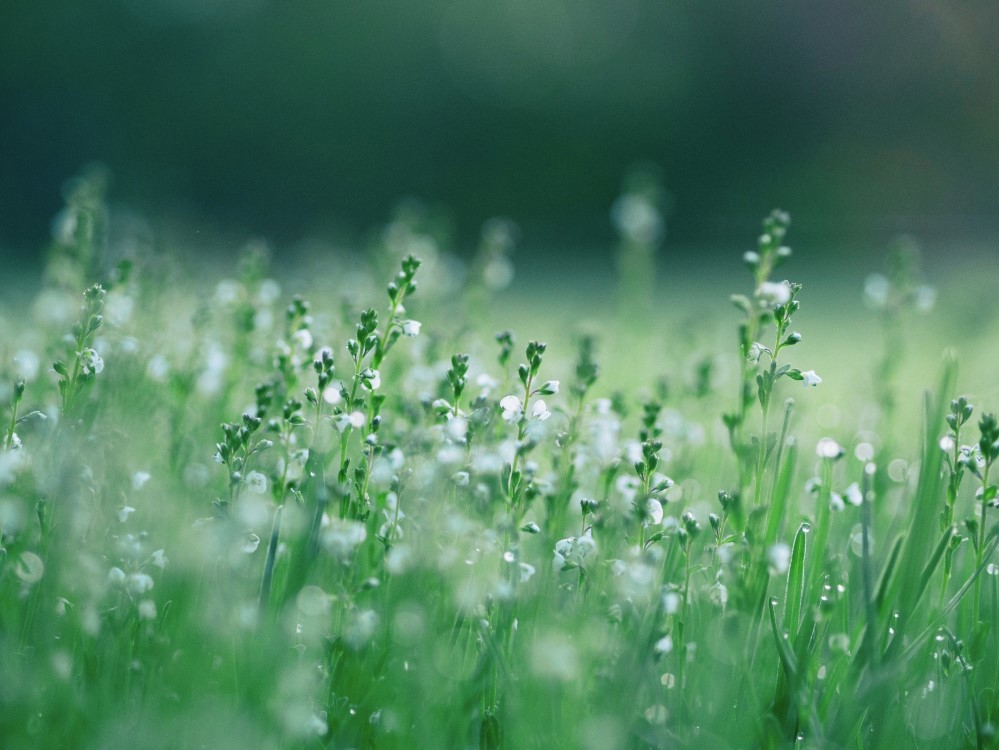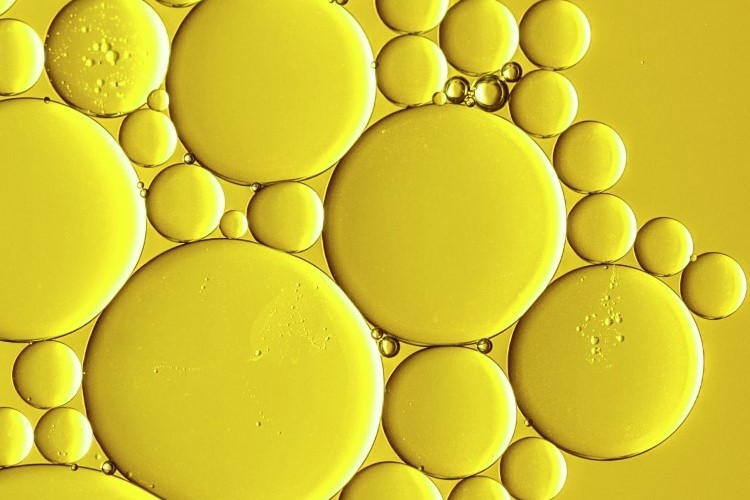
Insect meal in commercial Skretting feed
The challenge of incorporating an expensive novel ingredient into a fish or shrimp diet, despite it having positive sustainability credentials, is not an easy one. The success lies with sharing the responsibility within the whole feed-to-food value chain. The use of insects in aquafeeds represents a positive opportunity for multiple stakeholders within this value chain, and for the future of the aquaculture industry.
Some of the insect industry's key challenges in successfully entering the aquaculture market are small volume availabilities and unfavourable market economics of replacing a high protein ingredient such as fish meal or soy protein concentrate with a more expensive insect protein.
Back in 2018, Skretting scoured the start-up world and initiated discussions with more than 40 producers of insect ingredients from all over the world. Through collaborations with research providers and our own in-house research and development facilities, we tested the performance of products from several companies in key commercial species. Results were varied, which was not unexpected, since the insect industry’s activities towards applying their novel ingredients for use in aquaculture feed were still in their infancy.
We continued to work with, and provided insight to, insect start-up companies to help support their commercial success. Fast forward to today, and the use of insects as a feed ingredient has been successfully implemented in commercial Skretting feed.
For every tonne of shrimp feed produced, the use of insect meal helps reduce the use of fishmeal by 20kg and fish oil by 10kg.
Skretting Ecuador is currently using locally-sourced insect flour in their fish and shrimp diets. They have also worked with international supplier Protix to include 70 tonnes of insect flour made from black soldier fly larvae in feed for a major client. This sustainable shrimp will be imported by Dutch Klaas Puul’s suppliers in Latin America to commercialize the shrimp for Dutch supermarket chain Albert Heijn.
Over in Skretting China, approximately 300 tonnes of insect meals have been used in their feeds since 2022. They have seen the demand for these ingredients grow at a rapid rate, with black soldier fly meal in particular demonstrating excellent conversion efficiency and performance.
'At our Zhuhai factory, black soldier flies have become an important shrimp feed component. From a raw material perspective, black soldier fly meal contains about 36% crude protein and up to 35% high-quality fat. Also, the antibacterial peptides and chitin contained in this ingredient can improve animal health, while its unique flavour has proved very attractive to farmed species. Furthermore, for every tonne of shrimp feed produced, the use of insect meal helps reduce the use of fishmeal by 20kg and fish oil by 10kg,’ says Stephen Chen, Technical Marketing Director, Skretting China.
To optimise biosecurity, the black soldier flies utilised by Skretting China are intensively-produced in a fully-controlled environment. Through strict control of these raw materials and also the meal ingredients, we are able to ensure each and every feed pellet containing insect meal is safe.





